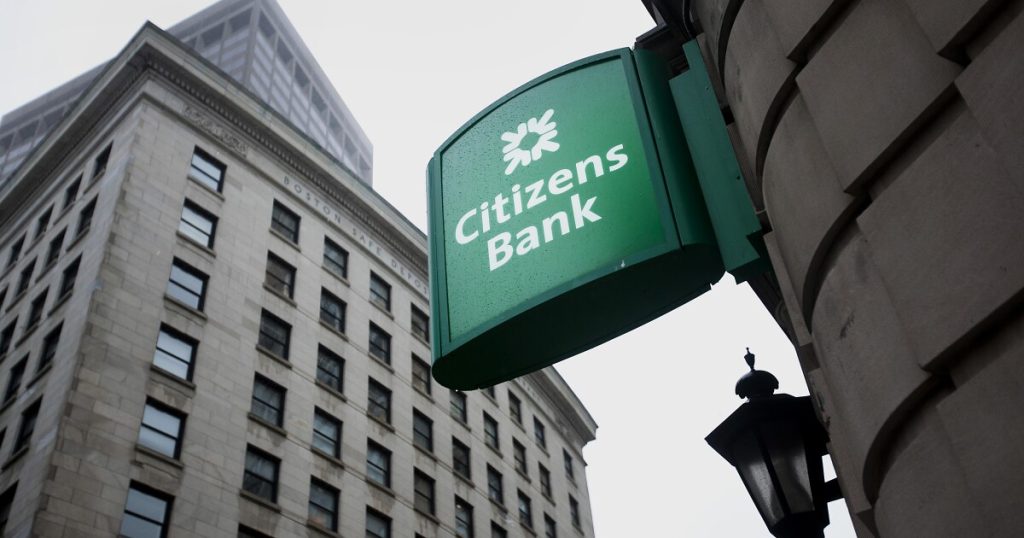UPDATE: This article includes quotes from Citizens’ second-quarter earnings call and an interview with CEO Bruce Van Saun.
“We’ve commenced work on a project we are calling ‘Reimagining the Bank,'” CEO Bruce Van Saun said Thursday during a call with analysts. “The objective is to redesign how we serve customers and run the bank, taking advantage of new technologies like [generative] AI and agentic AI.”
Van Saun said the initiative will take several years, and will be led by
“Stay tuned for more details later in the year,” Van Saun said.
In recent years, the Providence, Rhode Island-based bank has been retooling its business strategy with a number of new initiatives, including the
At least so far, the “Reimagining” project appears to be less about creating something new than about performing existing work more efficiently. As AI rapidly grows more sophisticated,
“I think there’s lots of places where we still rely on manual effort and people doing research and combing through data to arrive at decision-making,” Van Saun said in an interview Thursday. “So within those places, can we unlock the benefit of these agentic bots to kind of do all that research and present to the decision-maker?”
Agentic AI is a form of artificial intelligence that can make decisions and complete tasks almost entirely by itself, with minimal human assistance. Generative AI, on the other hand, creates content like text or images based on the data humans have given it.
What does that mean for a bank?
“What we’re trying to do is turbocharge the productivity of our people so that they can focus on the more challenging tasks and more important interactions with customers,” Van Saun told American Banker. “And then the more routine things can be done with this agentic AI.”
According to the CEO, areas that could benefit from this technology include customer service, fraud prevention, anti-money laundering, and loan origination, monitoring and servicing. In particular, Van Saun believes call centers are a prime target.
“I think customers are happy not to actually get on the phone and talk to somebody,” Van Saun said. “So if you can contain the interaction with the customer to just be on their computer and them getting the answers very quickly, it’s a better experience for the customer, and you don’t need as many folks in that field.”
But as the bank reimagines its use of AI, it’s not limiting itself to the departments that Van Saun listed.
“Everything is fair game,” he said.
The announcement of the new initiative comes after a solid quarter for
Earnings per share were $0.92, beating analysts’ average estimate of $0.88, according to S&P. Revenue came in at $2.04 billion, slightly above estimates of $2.01 billion.
The bigger difference was in the bottom line: Net income reached $436 million, far outpacing estimates of $389.63 million, per S&P. It also marked an 11% increase from the same period last year.
Van Saun credited the rising profits to a number of factors, including solid net interest income. That metric reached $1.44 billion in the second quarter, up 2% year over year.
The private bank also continued to grow. Loans at
“We announced strong financial results today that exceeded expectations, notwithstanding tremendous uncertainty in the macro environment during the quarter,” Van Saun said during the earnings call.
Read more on bank earnings:
That uncertainty stemmed from President Trump’s on-again, off-again tariffs. In recent months, Van Saun has
“The worst case outcomes on tariffs seem to be behind us,” Van Saun said during the earnings call. “It’s still out there as something to contend with, but I’d say most folks feel that we’ll negotiate something that results in fairer trade. There’ll be a higher tariff rate, but it’s not something that is going to knock people off their peg.”
“We have in excess of $30 million of fees that will be closed in July, which is going to make July probably our best M&A month ever,” he said.

